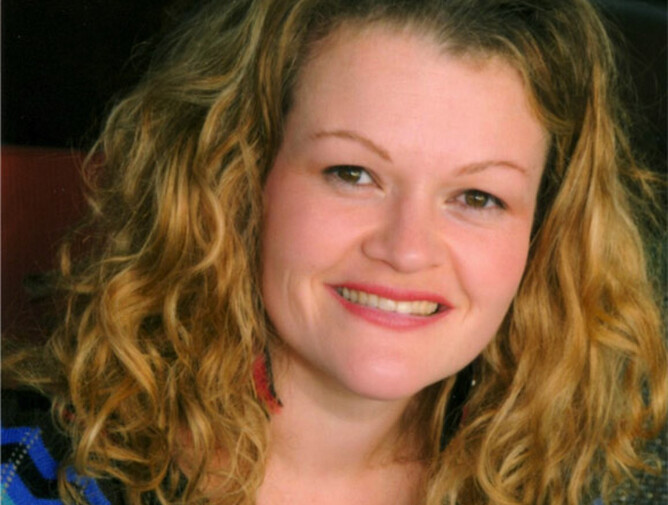Deaf Law graduate, Amanda Everitt, is from New Zealand. She now divides her time between France and the UK. Amanda managed the UK’s first website for deaf young people and is a powerful advocate for the benefits of sign language for all.
Describe yourself in one sentence.
I am spirited and driven. No obstacle is too great for me as there is always a way around something!How does equality motivate you?
There are many misconceptions about equality such as believing that we have to bring every individual equal to the level of others and expect the same outputs and actions from everyone. I question that. For example, you cannot make deaf people hear so they will never act like a person who hears. I feel that true equality is about accepting each other’s differences and finding ways to enhance these. This means that individuals and groups can have positive experiences and get to participate as full members of their community and in society.
Equality motivates me because for me it is partly about educating people. I do know that it is easy to get bogged down with the ignorance or discrimination we face every day. This may mean we do not see the opportunities for educating people about diversity and how to find solutions. It can be something as simple as teaching a receptionist a few signs to greet deaf customers. This does not magically make him or her fully deaf aware, but in the process it causes them to think a bit more about why they need to do this. Active thinking creates more awareness.
Describe any important opportunities you had in your life. How did you use them?
I got myself into Law school in New Zealand, and this was a great opportunity to show the powers that may be that not all instruction needed to be given through speech. Believe it or not, throughout Law school I had an electronic Notetaker who was also blind! This made forsome interesting communication experiences.
In 2006, the deaf community in New Zealand saw the recognition of New Zealand Sign Language as an official language in New Zealand alongside English and Maori. I used this opportunity to set up the first New Zealand Sign Language Week which aimed to celebrate the language with all New Zealanders. I set up taster sign language classes sessions in primary schools and oversaw the creation of innovative branded material and key messages which set the tone for future years.
When I came to the UK I used this opportunity to help set up the first legal advice in webcam service for British Sign Language users* and this service is still going today. It is already very difficult to secure communication support for solicitor appointments or enlisting solicitors who are deaf aware, so this service highlights the importance of deaf people accessing quality legal advice no matter where they are in the UK. Hard of hearing clients and those who do not sign can also access the service.
A recent project of mine was managing the UK's first website exclusively for deaf young people: www.buzz.org.uk. Deaf young people needed a place to meet other deaf young people to share their experiences. They also wanted to get information that was important to them. Things like knowing where to find films about communication that they could share with their hearing friends. In this role, I met all sorts of young people all around the country and I used this opportunity to educate deaf young people that they had the right to a good education and to receive information in formats that are accessible to them. This does not happen for them very often unfortunately, and it is important to me that a deaf young person knows that they can ask for the support that they need, and to get it.
This led me to do a Masters degree in Online Education and I see this as a fabulous opportunity to connect with learning practitioners from all over the world and to push the sign language agenda. Sign language is already seen as an inferior tool of communication, as a 'nice' add on when it is imperative to the language development of a deaf child. No matter what modes of communication the deaf child has e.g. speech, lip-reading, and whatever tools they use such as cochlear implants or hearing aids, sign language can be a positive tool for language development.
I am spirited and driven. No obstacle is too great for me as there is always a way around something!
